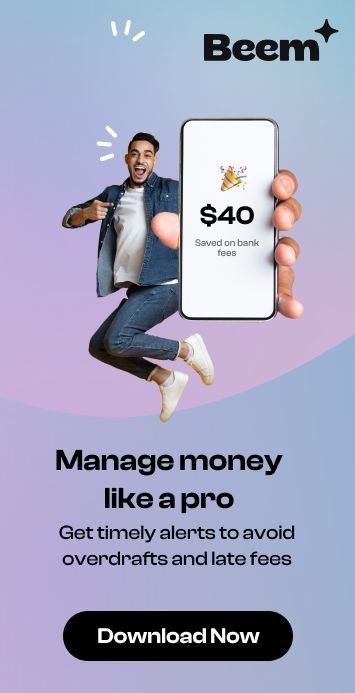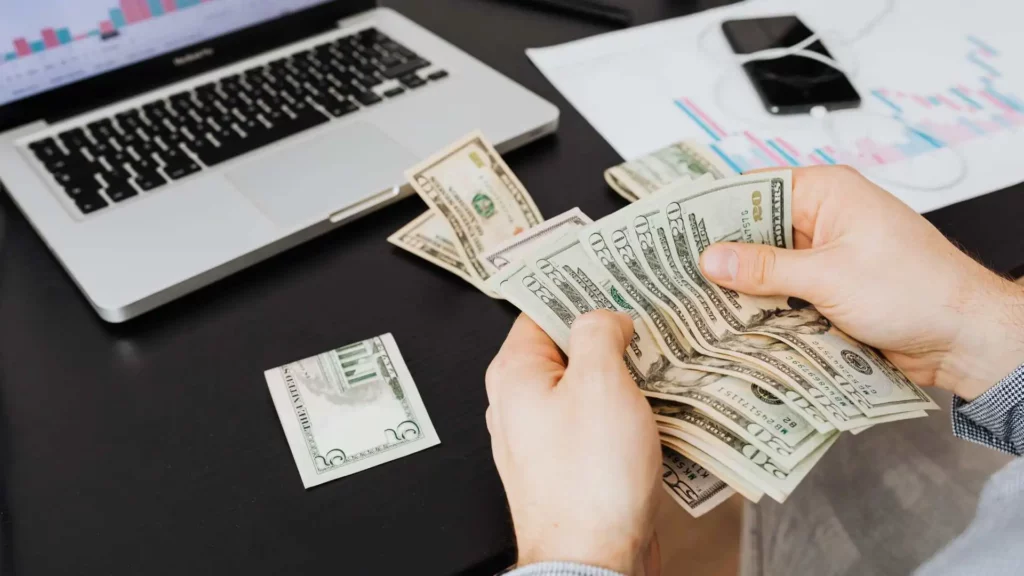Financial fraud occurs when someone takes your money or other assets through deception or criminal activity. Understand the various types of financial fraud and banking scams and how you can protect yourself. Be better prepared with all you need to know about scams online.
Some Well-known Financial Scams
Excessive charge tricks
A trick craftsman sends you a fake check. They instruct you to store it in your ledger and wire some portion of the cashback to them. Since the check was fake, you’ll need to pay your bank the amount of the check, in addition to you’ll lose any money you wired.
Spontaneous check extortion
A con artist sends you a check for reasons unknown. In the event that you cash it, you may be authorizing the purchase of items or signing up for a loan you didn’t ask for.
Programmed withdrawals
A scam organization sets up programmed charges from your financial balance to fit the bill for a free preliminary or to gather a prize.
Phishing
You get an email message that requests that you confirm your financial balance or charge card number.
Report Banking Scams
The best possible association to report a financial trick relies upon which type you were a survivor of.
Report counterfeit checks you get via mail to the US Postal Inspection Service.
Report fake checks to the Federal Trade Commission, either on the web or by telephone at 1-877-382-4357.
Contact your bank to report and prevent unapproved programmed withdrawals from your record.
Forward phishing messages to the Federal Trade Commission at [email protected].
The Most Effective Method to Protect Yourself
Recall these tips to abstain from being a survivor of a financial trick:
Dos
- Be dubious on the off chance that you are advised to wire a part of assets from a check you got back to an organization.
- Be careful about lotteries or free preliminaries that request your financial balance number.
- Confirm the credibility of a clerk’s check with the bank that it is drawn on before keeping it.
- While confirming a check or the backer, use contact data on a bank’s site.
Don’ts
- Try not to confide in the presence of checks or cash orders. Con artists can make them look authentic and official.
- Try not to store checks or cash orders from outsiders or organizations you don’t have a relationship with.
- Try not to wire cash to individuals or organizations you don’t have the foggiest idea.
- Try not to give your financial balance number to somebody who calls you, in any event, for check purposes.
- Try not to tap on joins in an email to check your financial balance.
- Try not to acknowledge a watch that incorporates an excessive charge.
Here’s a guide to help credit card holders take precautions against online back-to-school scams. As students prepare to return to school, scammers are targeting shoppers, student apartments, and scholarship opportunities. This guide walks readers through prevalent scams to look out for and how to remain safe while purchasing online.
Source – usa.gov





























